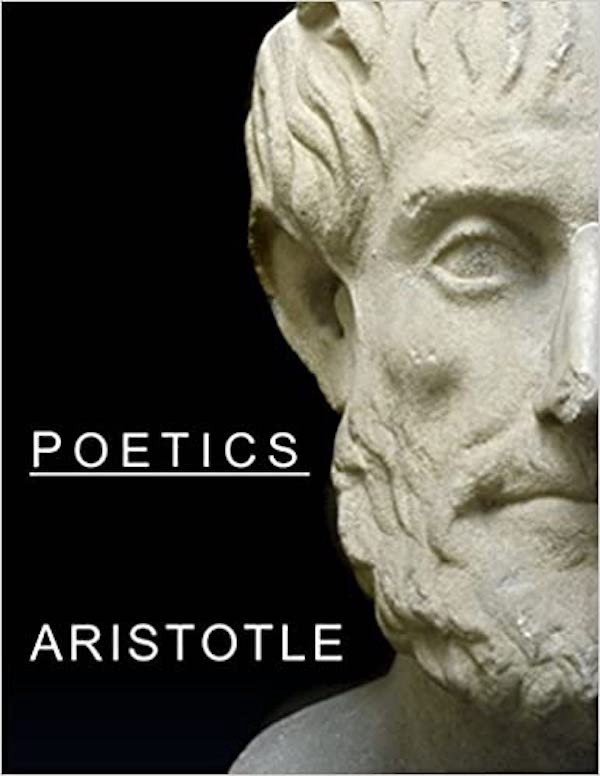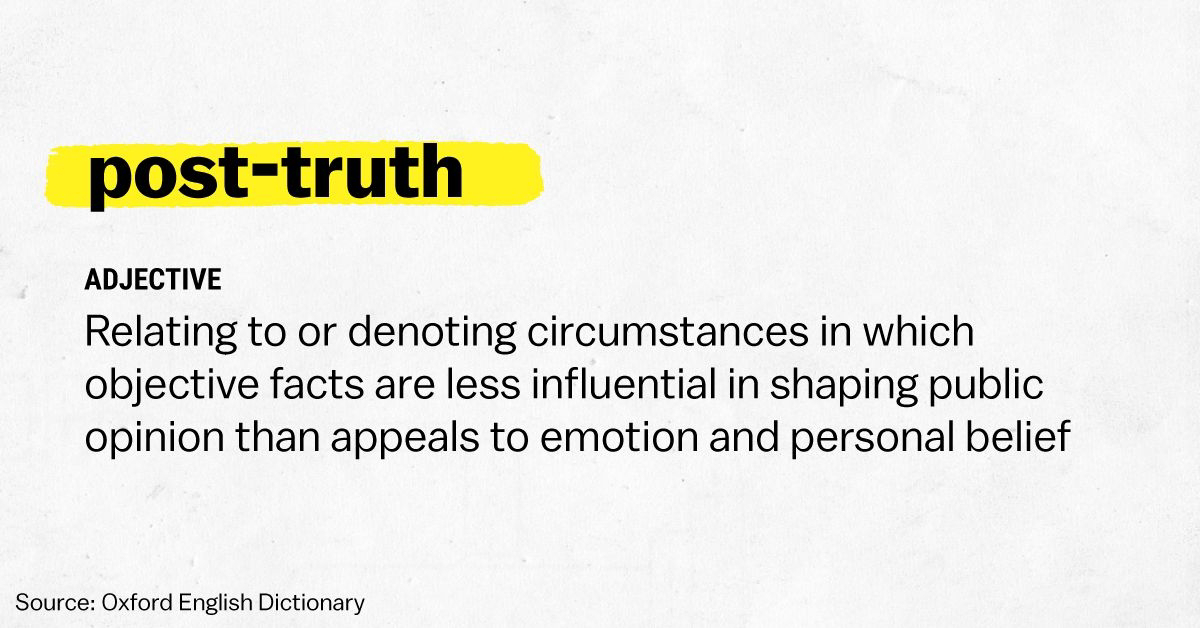Aristotle's Poetics
This blog is in response to the task assigned by Dilip sir on the Bridgecourse:Aristotle's Poetics. I am writing this blog as per my understanding and knowledge of the provided subject.
ABOUT ARISTOTLE:Aristotle 384 - 322 BCE. was a Greek philosopher and polymath ( a person of wide learning and great knowledge) of the ancient period in Ancient Greece. He was a student of Philosopher Plato in the Academy of Athens for 20 years. His writings cover many subjects including physics, biology, zoology, metaphysics, aesthetics music, poetry, philosophy, psychology, politics, linguistics, economics, government and much more.He has made exemplary contributions in the fields of his knowledge. He was a disciple of Plato but he as opposed Plato's theory of forms. He later died in 322 BCE.
ARISTOTLE'S POETICS:
This is the only existential work of dramatic theory, which is considered to be an excellent work of criticism as well. In this work, he mainly discusses 3 prominent genres of english literature; tragedy, comedy, epic.
He argues that poetry is generally an imitational, not rationalised or moral, it is thought to be the reason for arousal of unnecessary or harmful emotions. It generally is also considered as harmful depiction of Greek Gods.
1. How far do you agree with Plato’s objection to freedom of expression and artistic liberty enjoyed by creative writers? Name the texts (novels, plays, poems, movies, TV soaps etc which can be rightfully objected and banned with reference to Plato's objections)
Plato's objects the theory of mimesis while in the defense his disciple, Aristotle presents counter arguments calling them mimetic, which means poetry is to be made and not copied.Also states that it isn't what or how it was, it is about how it is ought to be.
I partly agree with Plato's view point. not all poetries are inspirational, some are just the way of expression of a creative writes as Literature provides everyone with the liberty of creative writing and thinking. Most of the times public enjoys the creative ideas that have been presented to them despite of knowing the fact that they are illogical. many a times such creative writing doesn't provide readers with any sense of pleasure or aesthetic delight, and that's where Plato makes a point.
There are so many movies, TV shows, web series, novels that literally make no sense and yet are telecasted and people watch them. To name a few, movies like Krrish, Koi mil gaya, Taarzan: The wonder car, Robot. Novels like Harry Potter, Life of Pi, Animal Farm, Adventures of Huckleberry Finn. Daily soaps like Kyuki saas bhi kabhi bahu thi, Kahani ghar ghar ki, Kasauti zindagi ki, Anupama and much more. Even these days TV advertisenments are hyped even if it is irrational, such as Whisper ultra, how wearing a sanitary napkin makes you feel active throughout the day, Fair and lovely (Glow and lovely), how treating the darkness of skintone can lead to increase in confidence, Redbull, an energy drink, which is famous for its tagline; it gives you wings, Mount n dew, it says darr ke aage jeet hai, how a carbonated drink provides one with the courage to tale life endangering risks. The telecasts of these movies and advertisements is senseless and is well known that it has nothing to do with the reality.
Moreover, there are some movies that were banned or were protested against it's artistic liberties, Bajirao Mastani, Ram Leela, Padmavat, Jhodha Akbar are a few of them.
2.With reference to the literary texts you have studied during B.A. programme, write brief note on the texts which followed Aristotelian literary tradition.
In my B.A. programme i studied various texts/ novels that followed Aristotelian literary tradition. Following are some of them with examples;
1. All my sons;
Tragic hero: Joe Keller, a businessman
Hamartia: Supplying of faulty aircrafts engine cylinders knowingly, which results in death of 21 people including his son Larry.
2. Othello:
Tragic hero: Othello
Hamartia: Othello is a man who loves his faithful wife but as he is provoked by another person, saying that his wife is allegedly having an affair, out of rage, jealousy, distrust and insecurity he kills his wife who was accused of an affair but was faithful to his husband.
3.Did the ‘Plot’ of those tragedies follow necessary rules and regulations proposed by Aristotle?
The plot of these tragedies mentioned are following the rules and regulations proposed. Plot here means the order of incidents in the tragedy. Incidents mean actions, and a tragedy containts of both, internal and external actions.
Plot is considered to be the soul of tragedy while character stands second. There can exist a tragedy without a character but not plot, hence plot is the utmost important thing according to Aristotle. Plot is the structure of the play, and around which the material parts are laid, just as the soul is the structure of a man. Tragedies depict characters as they relate to the action which is the main object of representation. But again it won't be harmonious if the structure of the plot isn't laid right. As far as tragedies are concerned, almost all the tragedies follow thw rules proposed by Aristotle.





Comments
Post a Comment